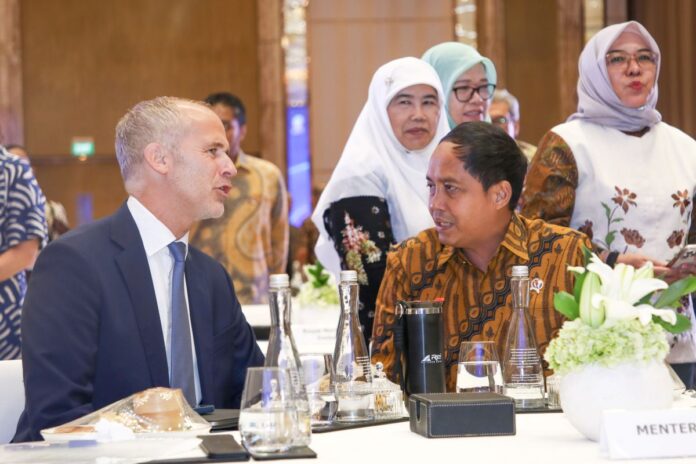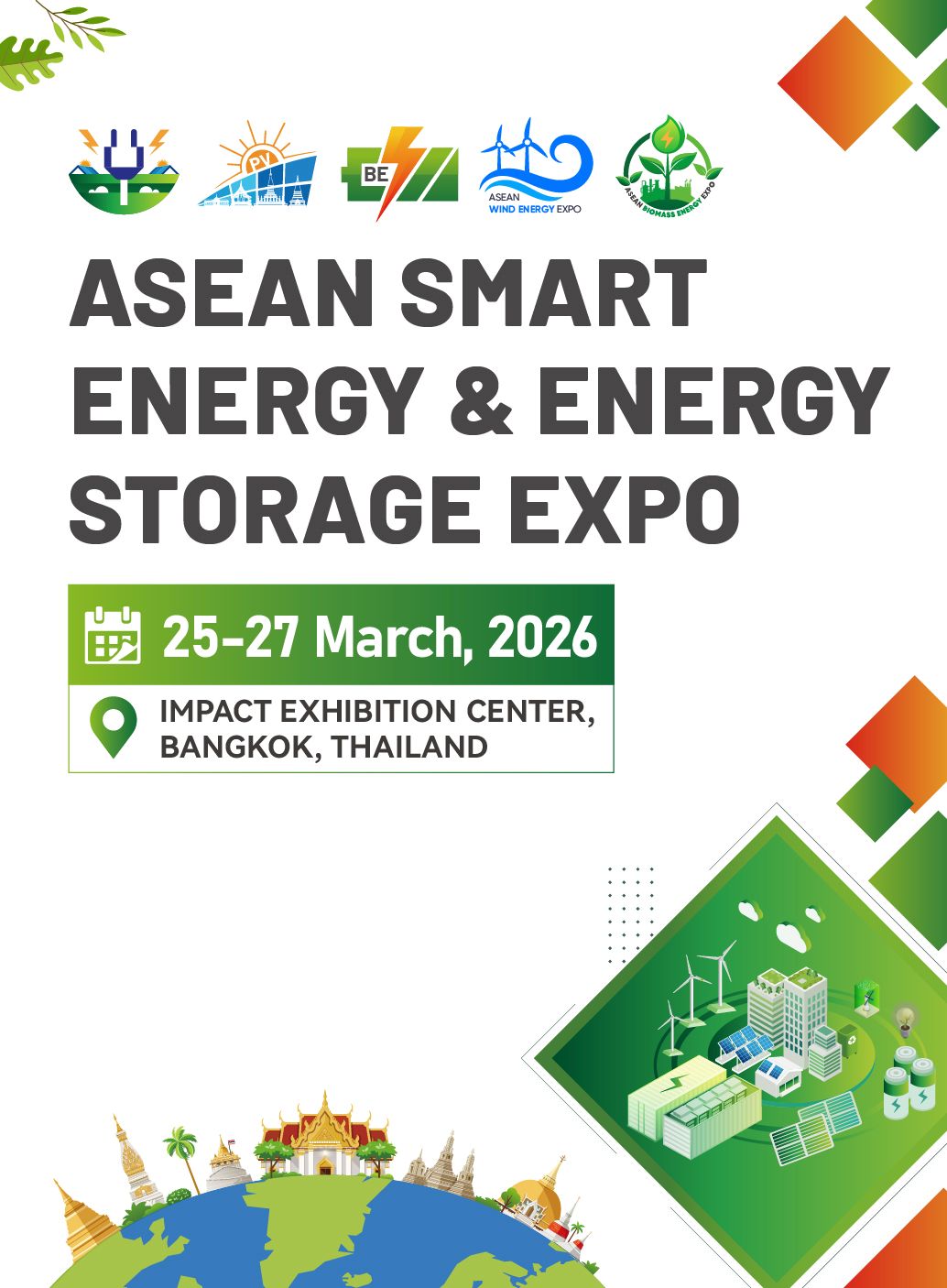Ecobiz.asia – Norway praised Indonesia’s performance in managing result-based contribution (RBC) funds under the REDD+ scheme, saying the country had demonstrated both strong results and transparent use of climate finance since the program began in 2022.
By the third phase, the results-based funding to cut emissions from deforestation and forest degradation had been distributed to 52 implementing partners, supporting tree planting, carbon absorption and the resolution of land tenure conflicts.
“Indonesia has delivered impressive results alongside strong and transparent use of funds. We are pleased to see these contributions translated into concrete action on the ground through robust investment plans and community programs,” Kristian Netland, Minister Counsellor at the Norwegian Embassy in Jakarta, said at the launch of the fourth RBC investment plan by Forestry Minister Raja Juli Antoni, Thursday (August 28, 2025).
Netland added that the Small Grant Facility funded under RBC had become a source of inspiration by empowering local communities as part of the climate solution.
“Norway is proud of this partnership, which is built on trust, equality and shared responsibility. We look forward to continued cooperation with Indonesia for the good of the world,” he said.
The Indonesia–Norway climate partnership through REDD+ has generated $216 million in contributions over 2023–2025, disbursed in four tranches.
The funding was granted on the back of Indonesia’s achievement in reducing 43.2 million tonnes of CO₂ emissions between 2016 and 2020 from the forestry and land use (FOLU) sector.
According to Forestry Ministry Secretary General Mahfudz, RBC phases I–III resulted in the planting of 4.6 million seedlings across 11,215 hectares, absorbing the equivalent of 21,000 tonnes of CO₂. The program engaged 35,180 people through 383 community groups and helped resolve 40 land tenure conflicts.
He said the Small Grant Facility had also allocated 80 billion rupiah ($4.9 million), which was disbursed to 384 community groups to fund activities such as reforestation, renewable energy, ecotourism, river restoration and waste management.
Mahfudz added that the fourth phase of RBC investment and the third round of the community grant program would be aligned with Indonesia’s 2025–2029 national development plan, reinforcing the government’s FOLU Net Sink 2030 target.
Minister Raja Juli Antoni underscored that the FOLU sector is central to Indonesia’s implementation of the Paris Agreement and achieving its Nationally Determined Contribution (NDC) emissions targets. ***





